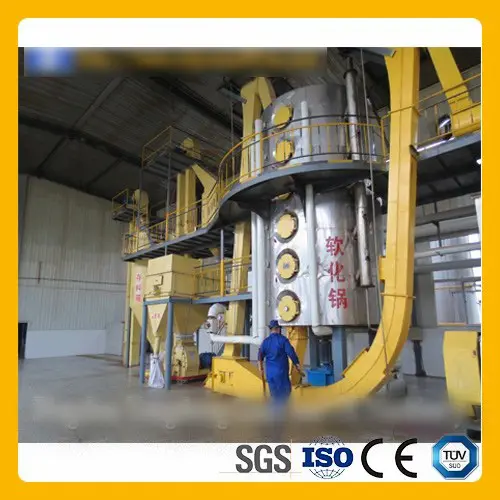12-р сар . 17, 2024 20:10 Back to list
Palm Kernel Oil Extraction Business Solutions and Sustainable Practices for Efficient Production
The Rise of Palm Kernel Oil and Its Market Potential
In recent years, the global market for palm kernel oil has undergone significant changes, driven by increasing demand and growing awareness of sustainability in agricultural practices. As a prominent agricultural product, palm kernel oil is derived from the seeds of the oil palm fruit (Elaeis guineensis). This oil has become a staple in various industries, including food, cosmetics, and biofuels, making it a focal point for companies looking to capitalize on its benefits while promoting sustainable practices.
Understanding Palm Kernel Oil
Palm kernel oil is distinct from palm oil, which is extracted from the flesh of the palm fruit. While both oils come from the same plant, palm kernel oil is lauded for its higher saturated fat content and unique fatty acid profile, making it versatile for different applications. It is often used in the food industry for frying and baking due to its stability at high temperatures, and in the cosmetic sector, it serves as a key ingredient in soaps, lotions, and creams for its moisturizing properties.
The manufacturing process of palm kernel oil typically involves the pressing of dried palm kernels, followed by refining to remove impurities. The advancement of technologies in oil extraction has further optimized the yield and quality of palm kernel oil, making it an attractive product for both consumers and manufacturers.
Market Dynamics and Growth Opportunities
The demand for palm kernel oil has surged globally over the past decade, primarily due to rising populations and growing disposable incomes in developing countries. Moreover, the oil's applications in the biofuel sector as a renewable energy source have contributed to its attractiveness among environmentally conscious consumers and industries. According to recent market studies, the global palm oil and palm kernel oil market is expected to reach $60 billion by 2026, highlighting the immense potential for companies operating in this space.
However, with growth comes responsibility. The expansion of palm oil production has often been accompanied by extensive deforestation and environmental degradation, leading to a backlash from various stakeholders. As a result, consumers are increasingly favoring sustainably sourced products. Companies that engage in ethical practices, such as obtaining certification from organizations like the Roundtable on Sustainable Palm Oil (RSPO), can differentiate themselves in the market and build brand loyalty among conscious consumers.
palm kernel oil press company

Challenges Facing the Industry
Despite its potential, the palm kernel oil sector faces several challenges. One significant concern is the impact of climate change on oil palm cultivation. Rising temperatures, altered rainfall patterns, and increased pest invasions pose threats to crop yields. Companies must invest in research and development to optimize agricultural practices, develop climate-resilient palm varieties, and implement sustainable farming techniques that protect local ecosystems.
Additionally, the market is marked by competitive pressures. Players need to strategize to maintain their market share through innovation, quality enhancements, and strategic partnerships. Developing value-added products from palm kernel oil, such as specialty fats or organic products, can also serve as a differentiation strategy.
The Future of Palm Kernel Oil Companies
For companies engaged in palm kernel oil production, the future appears promising, provided they navigate the complexities of sustainability, innovation, and market dynamics effectively. Emphasizing supply chain transparency and engaging with local communities are crucial steps in ensuring a positive impact.
Moreover, the adoption of technology such as blockchain for traceability of oil sourcing can foster trust among consumers regarding sustainable practices. As consumer preferences shift toward eco-friendly products, the importance of ethical branding will become paramount.
In conclusion, the palm kernel oil industry stands at a crossroads of growth and responsibility. Companies that embrace innovation, sustainability, and ethical practices will be well-positioned to thrive in this dynamic market. As the global demand for palm kernel oil continues to grow, the opportunity lies not just in capitalizing on its economic potential but in fostering a sustainable future for agriculture and the environment.
-
Sunflower Oil Seed Press Machine - High Efficiency, Durable & Cost-effective Extraction
NewsJun.24,2025
-
High-Efficiency Physical Oil Refining Unit - Leading Exporters & Trusted Companies
NewsJun.10,2025
-
High-Efficiency Animal Oil Refining Machine - Leading Exporters & Reliable Companies
NewsJun.10,2025
-
Camellia Oil Mill Machine for Efficient Oil Extraction Leading Exporters & Companies
NewsJun.10,2025
-
Premium Pressing Shaft for Oil Press Machines Exporters
NewsJun.10,2025
-
High-Efficiency Centrifugal Filters Durable Industrial Separation
NewsJun.10,2025
